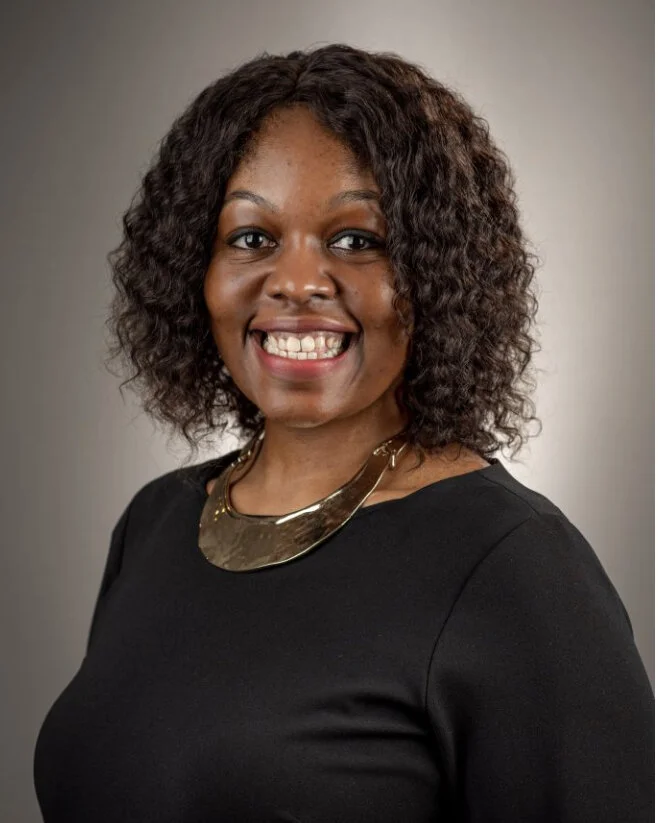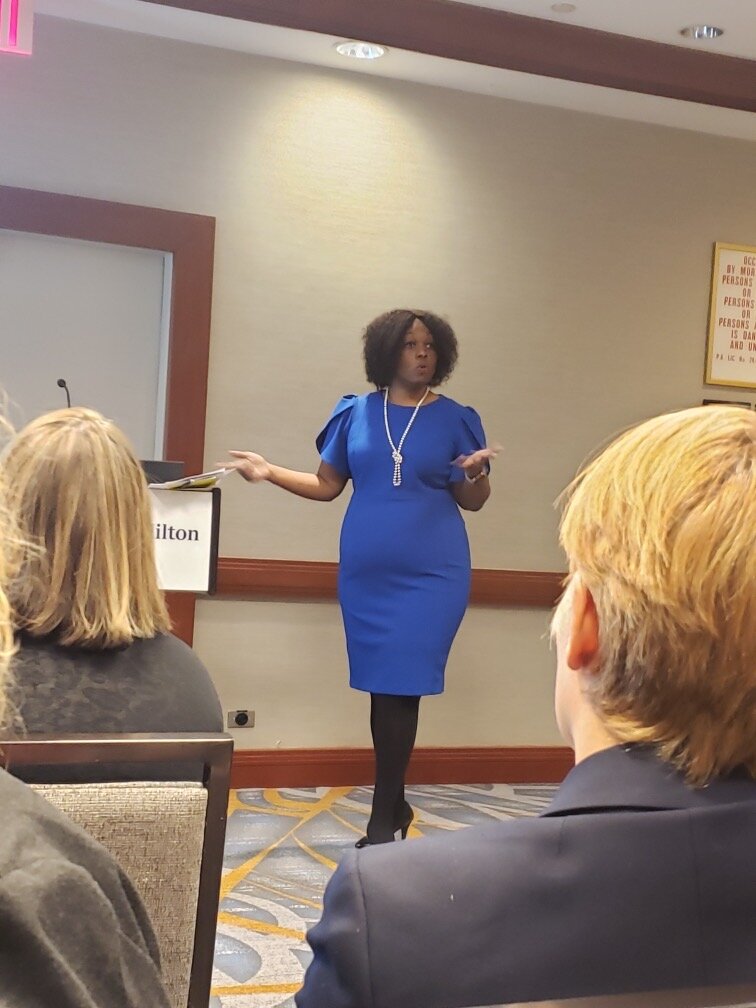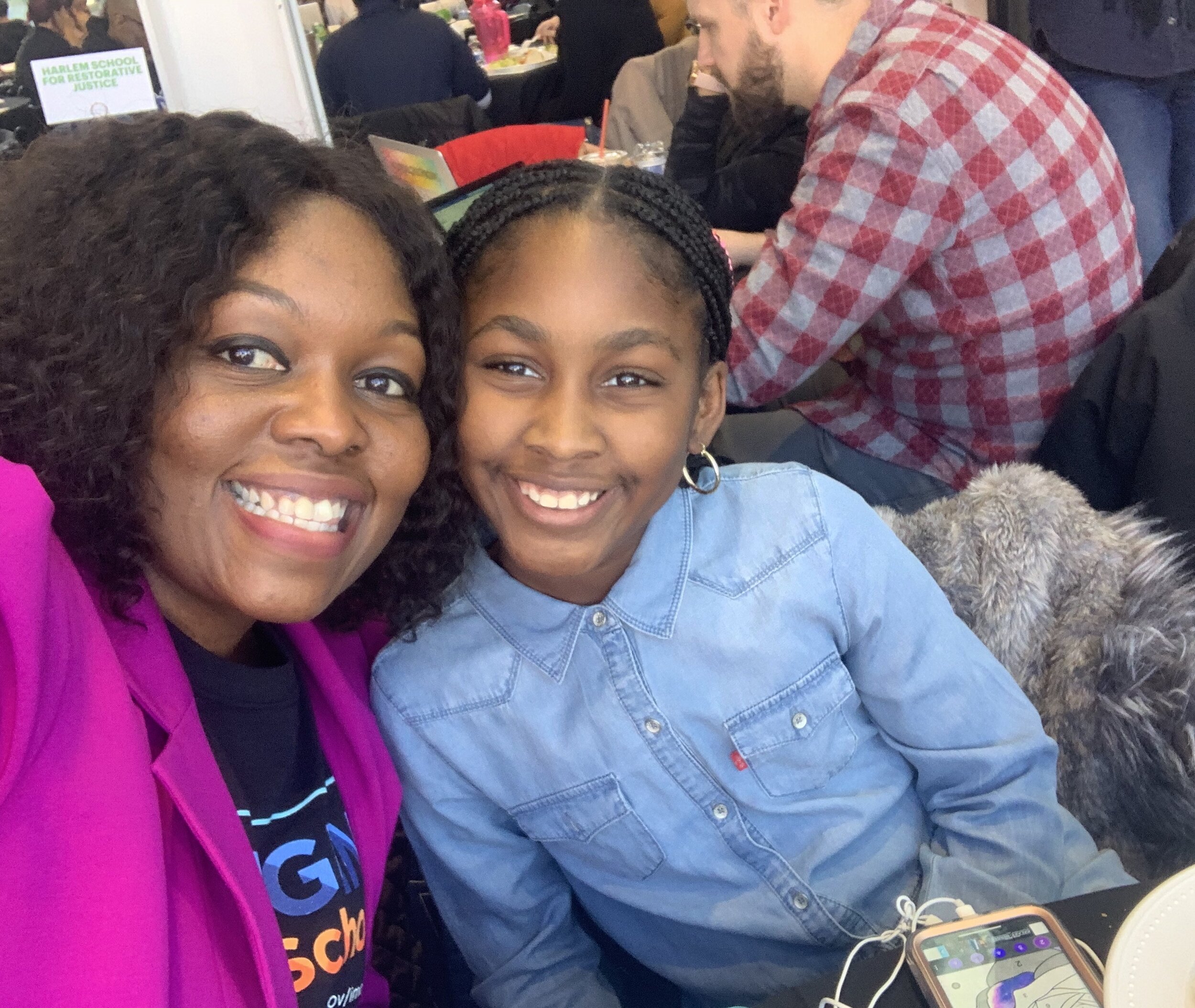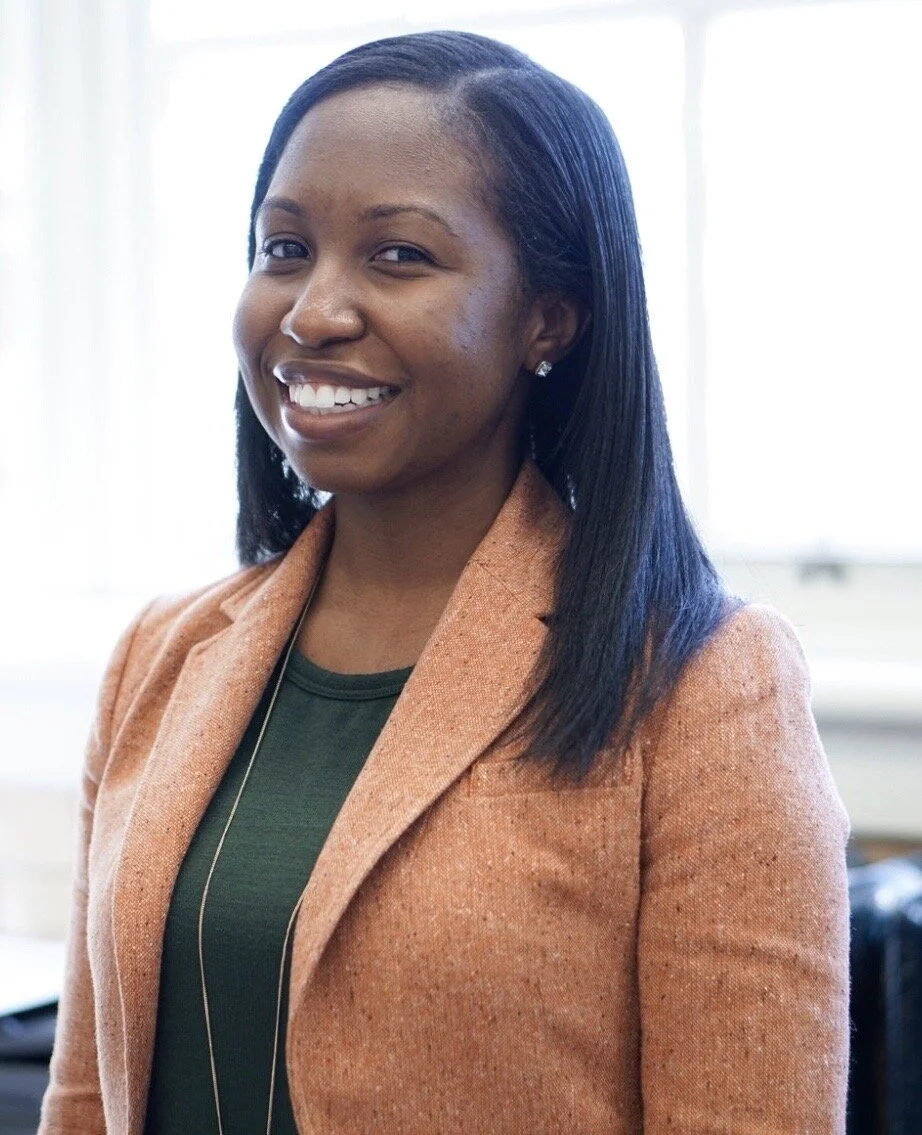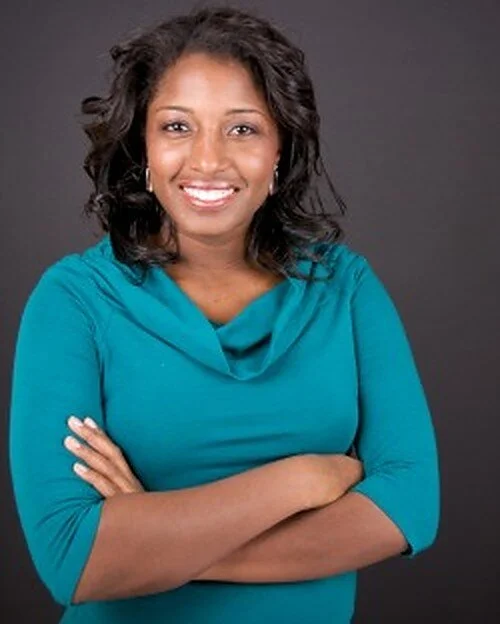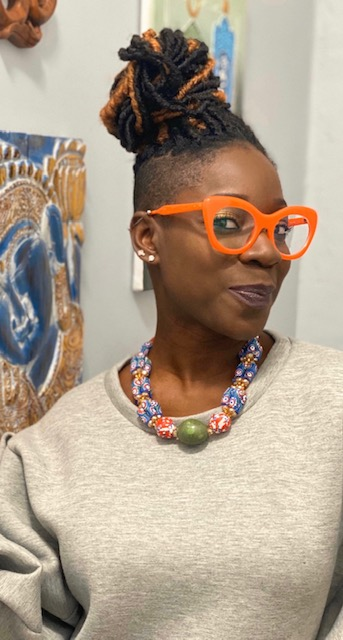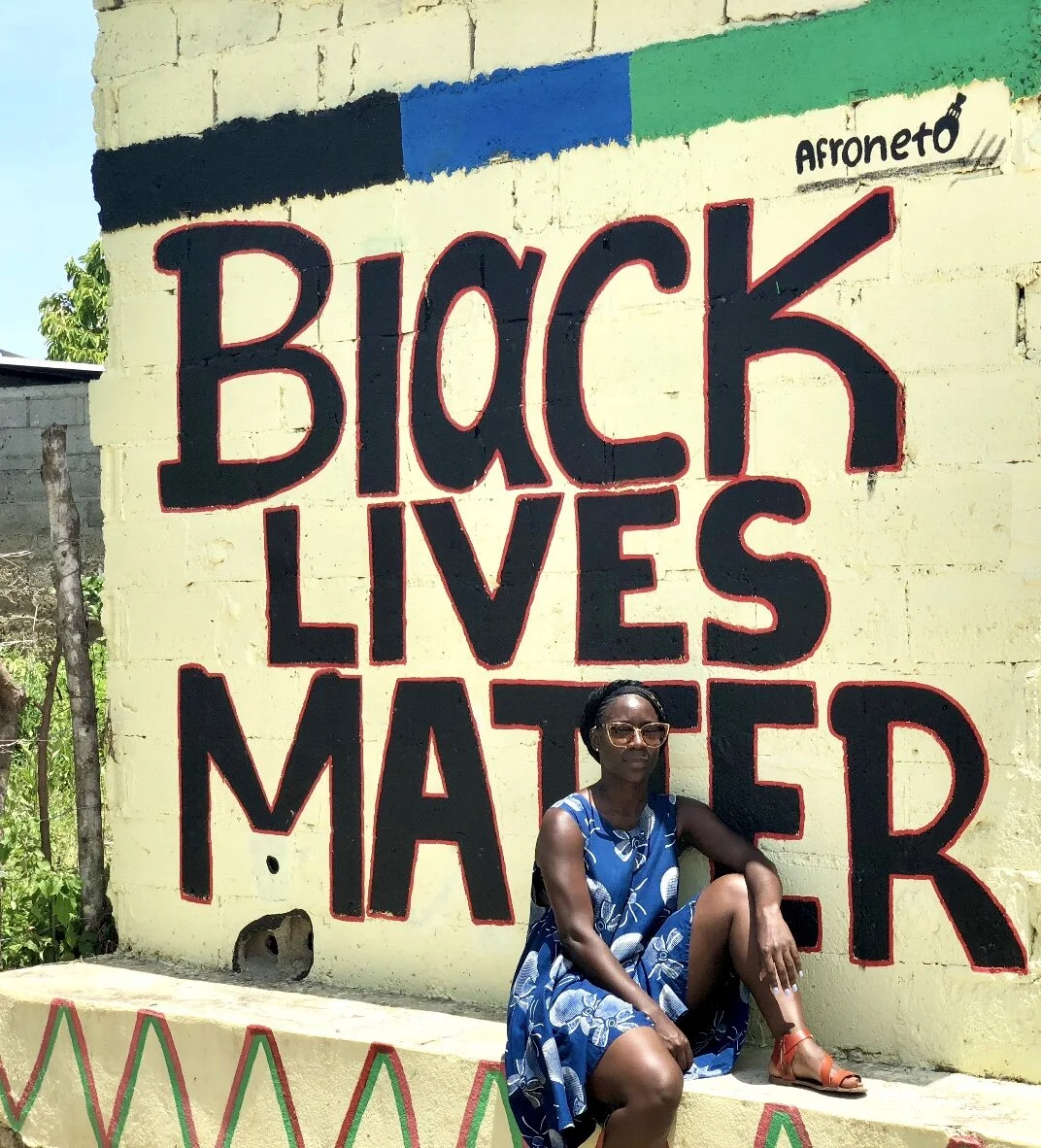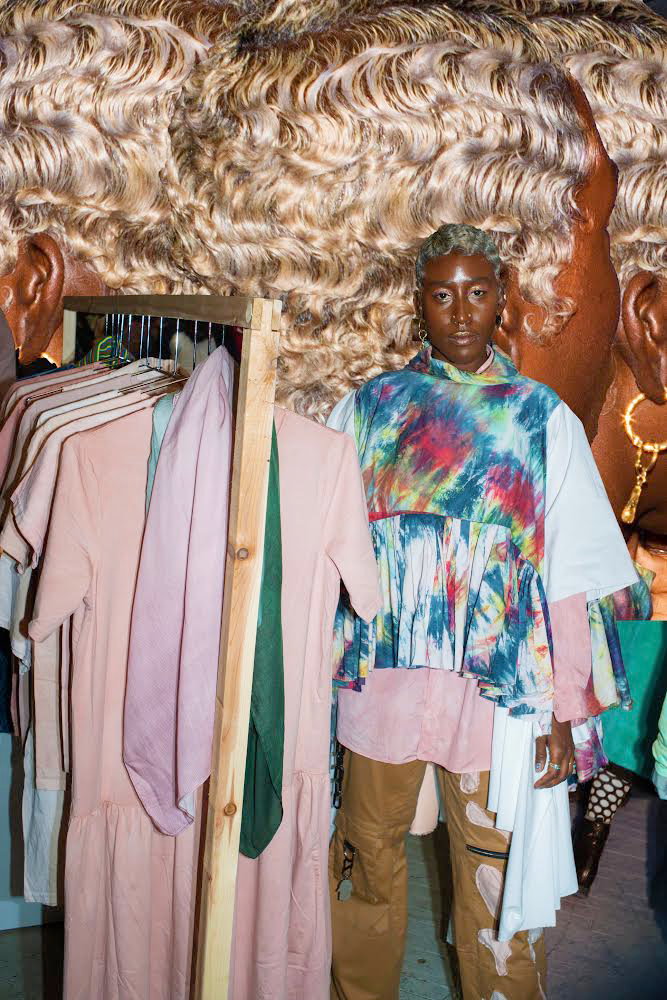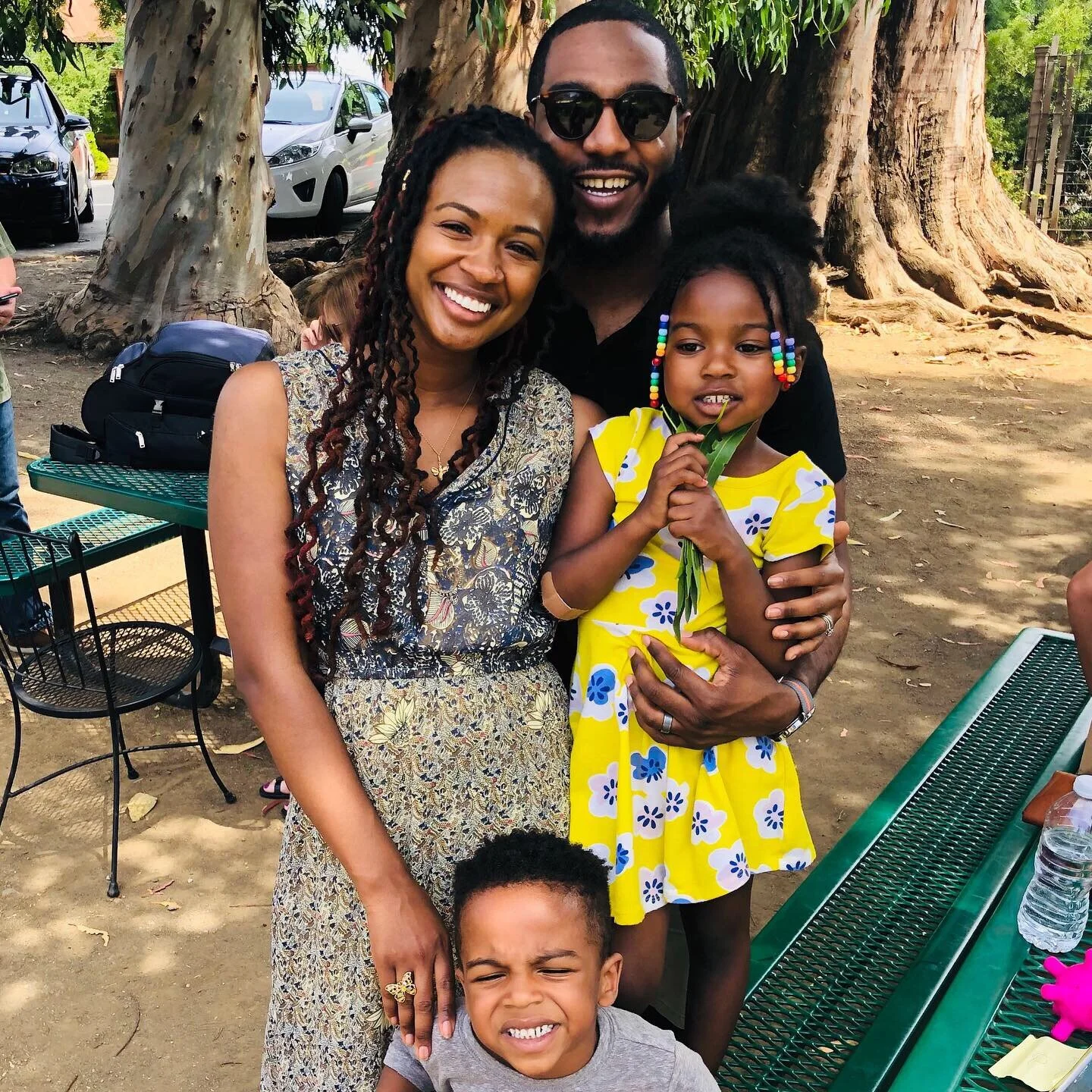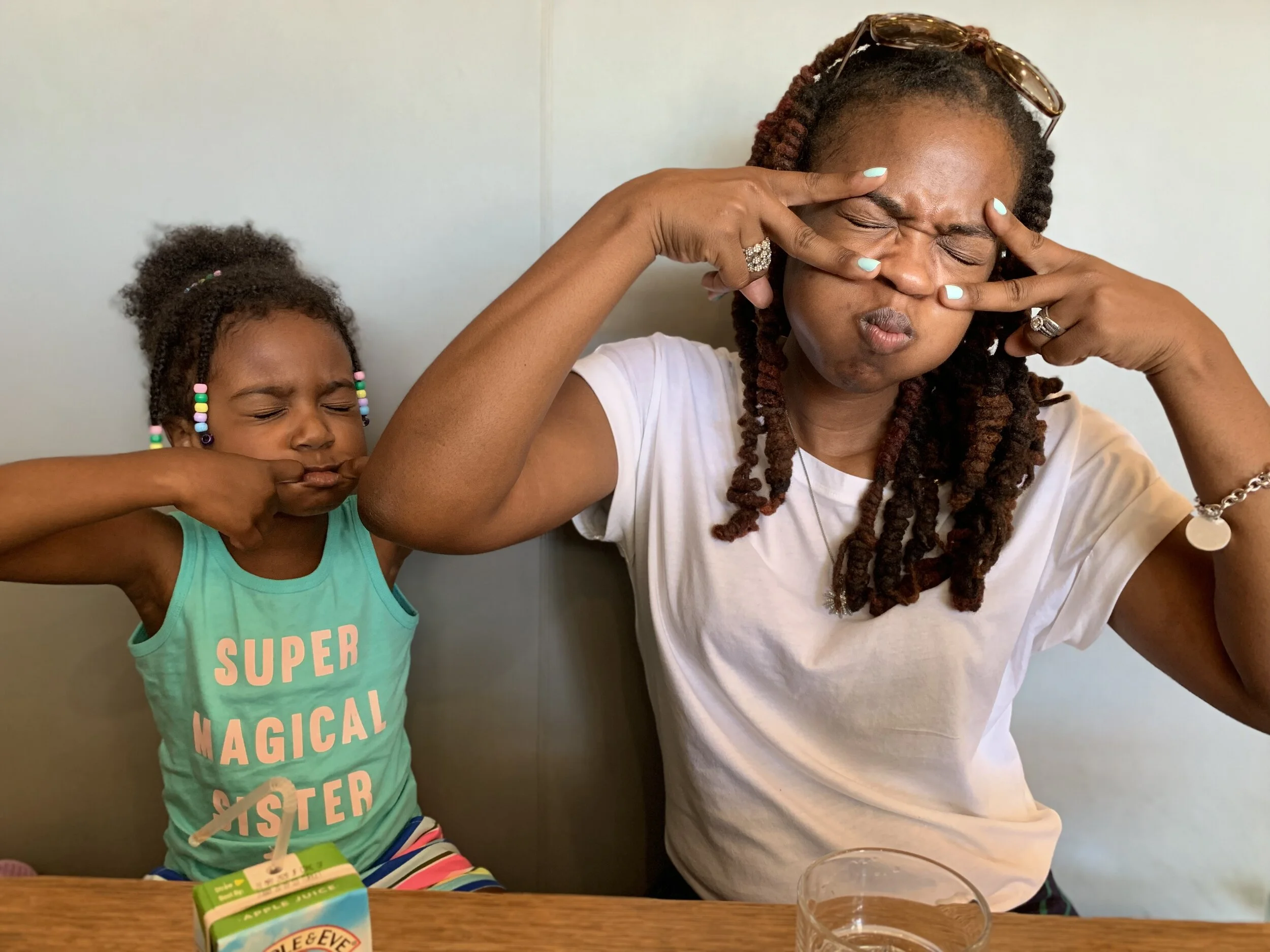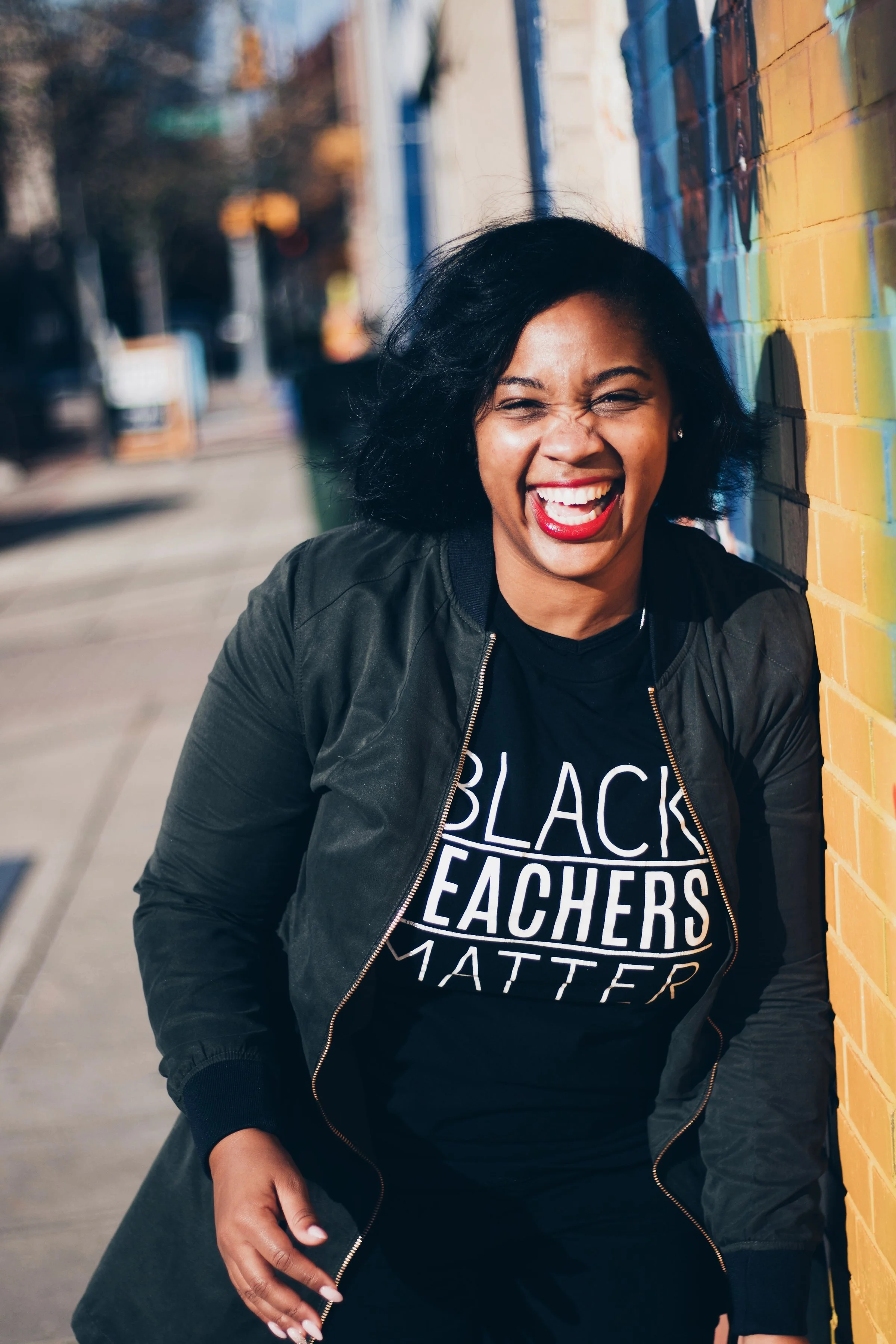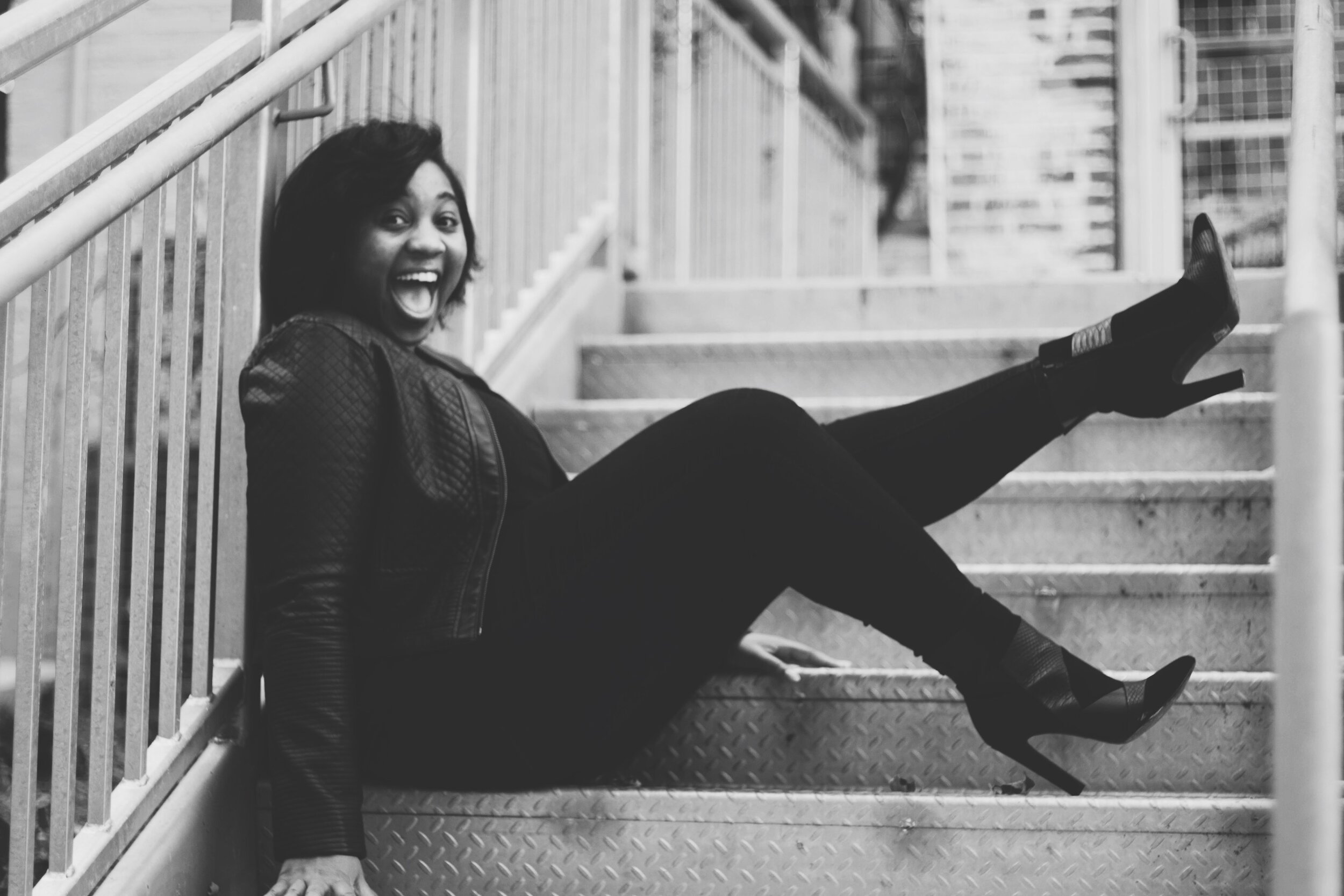Melissa Harris, Public Education Executive
Hi, Melissa! We’ll start with the first question, which is always the same question – what do you do?
So, I am the Chief of Staff for the Office of the First Deputy Chancellor, with the New York City Department of Education. My part of the Department of Education is responsible for all the schools. So, all 1,600 district schools. We’re responsible for support and supervision of the schools and their principals to get the work done. I’m new to this role of chief of staff, and right now I think of it as air traffic control in one regard, ensuring that we are implementing policy with fidelity, and that the First Deputy Chancellor has what he needs. And then, I also serve as Senior Advisor to the First Deputy Chancellor to ensure the decision-making process is thorough and that the right resources and supports are going to schools.
Can you just share a little bit about what a normal day looks like for you? I know that’s a really hard question, but if you were to take the average of your days – what does that look like?
Well what’s interesting is that since I just took on this role, I’ve only been the Chief of Staff in a virtual setting. So what my day looks like is, I am probably up by six o’clock. I start by checking and responding to emails. Then I give myself a little bit of downtime, but my first meeting is usually around eight o’clock in the morning. And then I go straight through until six in the evening. I’ll probably rest a little bit more, and then I’m on email from nine until around 11 o’clock at night.
Wow. And what types of issues or projects are you dealing with?
Right now, of course, COVID-19. We are reinventing what education looks like at this point in time. And so, my day consists of a lot of policy work, looking at existing policies that govern schools, and reshaping policy in a remote space. Additionally, it entails a lot of going back and forth between different issues that are coming to us from our school leaders. For instance, everyone’s virtual right now, and we had to ensure that any teacher that needed technology, had technology. Plus, whenever the mayor makes a commitment, or the chancellor makes a commitment, it’s up to my team and others to actually implement whatever was committed.
You’ve had a really long career at the department, right?
Yes, so, I have had a super long career with the DOE. And what’s actually funny is, it’s not really a long career. But for us, for the younger set, it seems as though I’ve been there forever, even though there are actually people who have been there 20, 30, 40 years. But for me, this is my fifteenth school year in the Central Office, but I have worked in education or for the Department of Education, in total, for about 17 years.
When you look back, do you feel there are any through lines or themes across your experiences that feel especially salient?
Two things come to mind. The first is not being scared of change. I think that in my entire career at the Department of Education, something’s always changing, and I’ve always been able to just be flexible and lean into the discomfort. I think that’s how I’ve managed to continue to excel in my career at the DOE. Because, I lean into change and discomfort.
Second, I am always utilizing what I know, and being very intentional in learning the things that I don’t know. So every position that I’ve had at the DOE, I’ve gotten in the door because I have a skill, and I know something. But then, while I’m in the position, there’s this search for what is it about this role that I don’t know, and how can I become the master of it? And once I master it, then I keep moving, to continue to master more.
You and I worked in government together, so that was obviously part of my career, and now I’m in nonprofit. I think a lot about how to encourage young people to go into public service. There’s a lot of really rewarding and interesting work that affects communities that look like us. And so, how would you speak to a young person about why it is important to think about public service as a potential career path?
I think that there are very few places where you can have the impact on your community like you can in government. And so, when I look at my own purpose, I recognize that my purpose and everything I do are focused on how I can better my community. And, in bettering my community, I need to be able to have a voice within policymaking decisions, because I am recognizing that the nucleus of control actually sits within these government agencies. And we have to have more people that are like us, that are from our community, that lived within the community, that are actually in these seats of power to create change.
What do you think are some of the challenges behind driving change from within that nucleus?
Not everyone is here for the same thing. Everyone may have a similar purpose where, for example they want to help educate children. But, everyone has different pathways to get there, and they have different experiences that they speak from. And so, that’s what makes it difficult in some regards. A lot of times when you get into the senior level of government, there are a lot of people who are making decisions that are not actually from or currently living in the communities that they’re looking to impact. So what has been difficult for me, as I’ve navigated my way through, is not only am I from but I still live in the same community that I grew up in. And I see things differently than other people. And so, I feel that I had to fight a lot in order to get people to see things the way I see it. Because, the policies that are being created are being created for me, for my neighbors, for my daughter.
Yes, yes, yes. Can you share more on your education experience growing up?
I went to Catholic school. For my parents they didn’t feel that they could send me to the school down the street. And so, my working class parents had to spend their money to send me to Catholic school. Because safety was one of the most important things, but also they didn’t feel that I would get a quality education at my local public school. And so, part of the reason why I’m in education right now is because my parents didn’t have a choice. Or, I should say, they didn’t have a free choice. As taxpayers, you should be entitled to a great education in public schools. And so, day in and day out, that’s the focus that stays center of mind for me. There are so many other families like mine who can’t afford to make that choice my parents made for me. Most families depend on the local public school, and it’s up to policy makers to ensure that those are great schools. What keeps driving me every single day is, when I had my daughter, I moved back to the same community that I grew up in. And the school that I was zoned to, is the same school that she was zoned to. And I still wouldn’t send her there. And so, every day you wake up with more work to do, because you realize that until you have a system of high quality schools, families don’t get the choices they deserve to have when making decisions about their children’s education.
How did you end up in government? Was that the intention, or did you just land there?
It was the intention. So, for me, I grew up in the church. My pastor was really political, and he said that politics is power. And in order to change your community, then, you had to be in the seat of power. And so, that being said, I can remember being in the fourth grade, and very clearly knowing that I was going into education to try and change my community. And then, every step that I’ve taken since high school, has been very intentional, to get to where I am right now. I’ve always been very clear on wanting to sit at the intersections of politics, policy, education, and power.
I love that. You’re such an intentional person! So, can you talk a little bit about the role of mentorship in your career? And this can be both as you’ve experienced being mentored by other people, as well as mentoring others yourself.
I’ve been fortunate enough to have amazing mentors throughout my entire career. I actually can go back to being in college, and being able to intern with incredible women of color who took me under their wing. They taught me about people, and that while those people may not respect you, they have to respect your position. Those lessons were really impactful to me. And throughout my career, I have always sought out people, not just women, but also men, all races, to guide me into positions that I want to be in. To this day, I employ what could be considered a council of elders – a group of people that I depend on, to give me career and life advice.
Because I’ve had such strong mentors, I try to be that. So, any given day, you can find me talking to people that are junior in their career – they could even be at the same level as me – and just trying to mentor and support them. I’m very big on development and helping people to lean into their strengths, and recognizing where they have gaps and figuring out how to fill those gaps. I just love to do it. I love helping people.
In cultivating those relationships, can you share more on how you initiated them? How do you start?
Just ask. It’s amazing what happens. You can randomly just be in a meeting with people, and then afterward, you send a follow up email. You might say “I’m really interested in learning more about your career and how you navigate spaces to get to where you are.” And people really enjoy talking about themselves. And so, usually that is the first thing that I do. I like to make sure that people understand that there was something about them that made me feel connected. A spark. Then I just go from there.
I don’t initially do the “Can you be my mentor?” conversation. Usually, it goes from me seeking you out, getting to know a lot more about what you’re doing, figuring out where I can be a support. Then, after a while, once I realize the person is really investing in me, I do go through the formal ask. I’ll say something to the effect of, “I would love for you to mentor me and give me advice on X, Y, and Z.” When you talk about being intentional – and I was discussing understanding your gaps earlier – this is where you lean in and talk to your mentor about those gaps. Being open to accepting feedback from them on how to improve. Something that I find helpful is when I’ve identified mentors within the workplace, I actually tell them to give me feedback in real time. And so, they may not be my direct supervisors, but they could be in meetings with me, and afterward I’ll say “Can you tell me what I could have done better there?”
What is some of the best advice you’ve received?
Setting boundaries is one. And so, something that someone told me clearly, early on in my career, is that I have to set boundaries around everything. Set boundaries around your time, ensure that you’re always taking and making time for yourself.
The other piece of advice I would share, especially as we navigate the space of government and being people of color, is what I shared earlier: you may not respect me, but you’re going to respect my position. And so, I am always very clear on who I am, who I am within this organization, and how people will and will not interact with me. Throughout my career, whether it was race, or it was age, or it was being a woman, people would treat me a little bit differently than they would treat others. And I had to learn how to really assert myself in a certain way to ensure that their treatment of me aligned to the position that I carried within the organization.
You’re such a boss. OK, my final question: what are you most excited about for public education?
I think the most exciting thing is that in 2020, everything has turned on his head. We are at the dawn of a new day. It is exciting to me to know that I am a creator of the future of education. And what we create over this next year, over these next five years, will actually be the foundation for generations to come.
Awesome. Thank you, Melissa!
Melissa, with her daughter.
Please share this post with a friend, and follow us at @BlackWomenWorkIG!

